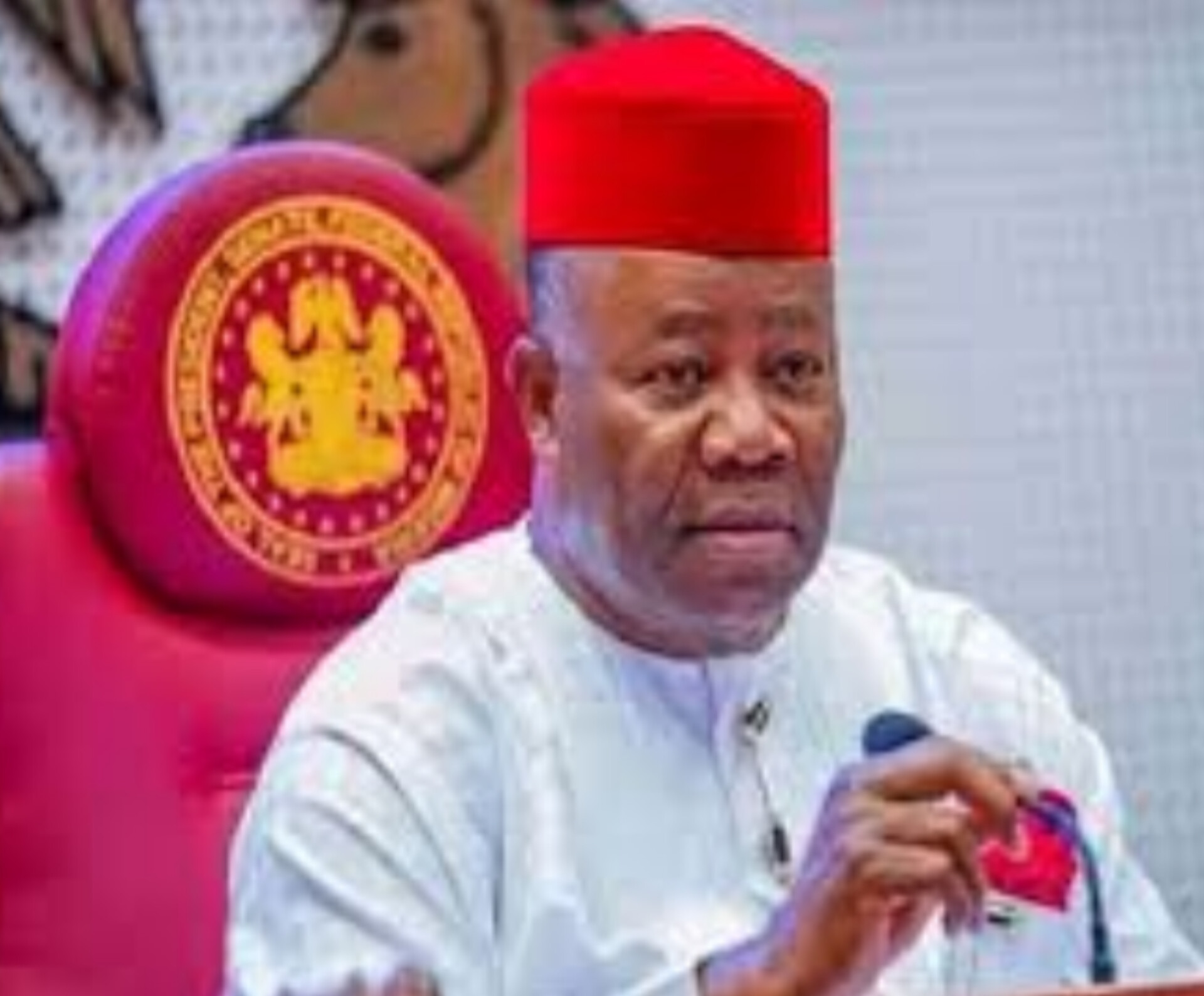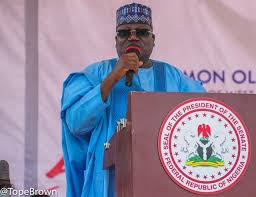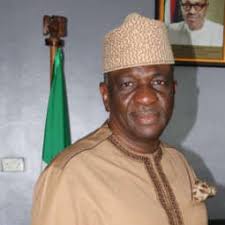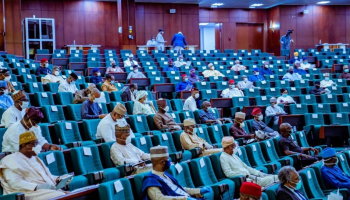***CSOs ask non ranking senators to move against amendments in court
Not up to two weeks after the 10th Senate suffered an impeachment scare, the Senate on Tuesday amended its standing rule and barred first term members from seeking to be elected as president of the Senate or deputy president of the Senate.
Adopting a motion sponsored by senate majority leader, Opeyemi Bamidele, the senate amended section three of its standing rule and specifically stated that to vie for the position of president of the Senate or deputy president of the Senate, a senator must have spent one term or four years in the upper legislative chamber.

With the new amendment to the standing orders of the Senate, first term senators are now prohibited from contesting for the position of presiding officers of the Red Chambers.
Bamidele’s motion was titled: “Amendment of the Standing Orders of the Senate pursuant to Order 109 of the Senate Standing Orders, 2022 (As Amended).”
Rule 3 of the Senate Standing Orders as amended now stipulates that any senator wishing to contest for the position of the Senate President and Deputy Senate President must have spent a minimum of one term in the senate.
But the 1999 constitution as amended in its section 50(1) simply provided that “there shall be a President and a Deputy President of the Senate, who shall be elected by the members of that House from among themselves”
The Senate also amended its rules and created additional nine Standing Committees, bringing the number of Senate committees to 83 from its previous 74.
It would be recalled that last June, the former Zamfara State governor, Abdulaziz Yari, got the second highest votes of 46 against Godswill Akpabio’s 63 votes
The contest was the fiercest in the history of the election of President of the Senate.
Three weeks ago, the office of the Senate president raised an alarm about an alleged plot to remove Akpabio from the office.
The uproar generated by that alarm forced the Northern Senators Forum to condemn what they called an attempt by Akpabio to pitch Senators against President Bola Ahmed Tinubu.
Meanwhile, criticisms have started gathering against the amendment as many believe that the discrimination introduced has no place in the constitution.
“Although the constitution gave power to the senate to regulate it, such regulations or rules .ust not be in breach of the Constitution” a lawmaker.
Reacting to the amendment, the Human Rights Writers Association (HURIWA) said:
“The amendments are unconstitutional and ultra vires because section 42(1) of the Constitution states clearly that policies of government ought not to be made in such a way that a certain category of citizens will be disabled from participating or benefitting therefrom.”
In a statement by its president, comrade Emmanuel Onwubiko, HURIWA said that “the idea of allowing only ranking members to be qualified to contest for offices within the Senate’s hierarchy is impracticable in Nigeria where the turn-over rate of legislators into the national assembly is not as robustly sustainable as the Americans or British experience about their parliamentarians.
“In Nigeria, virtually 40 to 45 percent of Senators don’t get reelected. Supposing those who get re-elected lack charisma and leadership qualities, will the Senate be led by never-do-wells? This law is an attempt to muzzle opposition to the decadent leadership of Sebator Akpabio leadership that is made up of stooges of the executive arm of government. We in the HURIWA are asking those senators so affected negatively from these destructive amendments to file litigation to get the amendments quashed because the amendments are self-serving, lack progressive ideals and are very primitive and unconstitutional”




